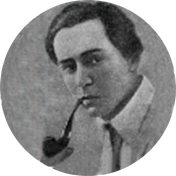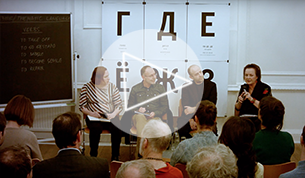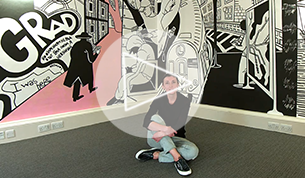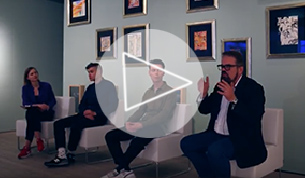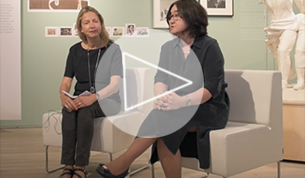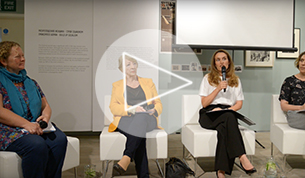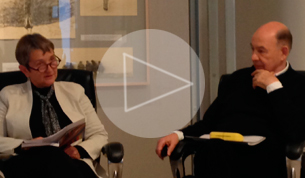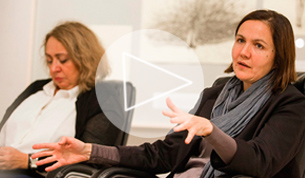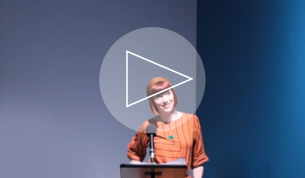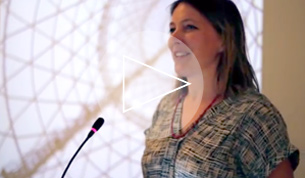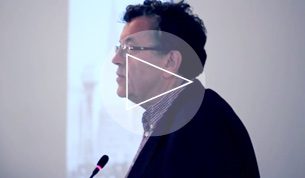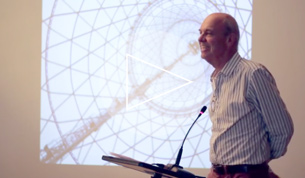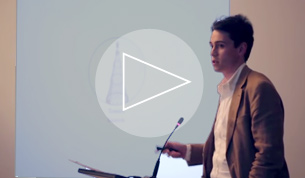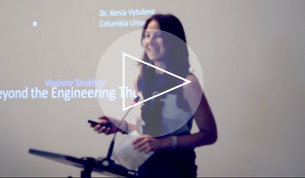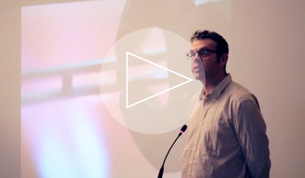Watch
Mother Tongue
Apparition of the Last Soviet Artist in London
ShadowMemory x Art Night Open
Postponed Futures
Superwoman: ‘Work, Build and Don’t Whine'
Unexpected Eisenstein
-
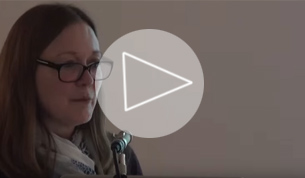 Rachel Morley:
Rachel Morley:
Russian Cinema before 1917 -
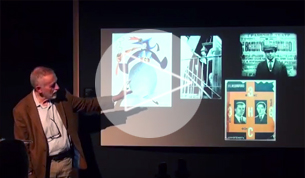 Ian Christie:
Ian Christie:
Besides Eisenstein: Protazanov, Barnet and the new Soviet cinema of the 1920s -
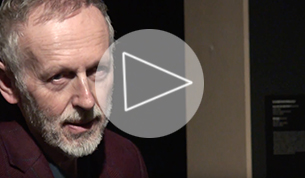 Ian Christie:
Ian Christie:
Maxim and co: creating the new heroes and heroines of the 1930s -
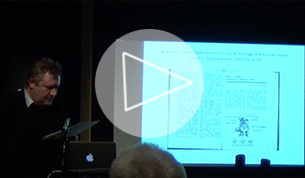 Phil Cavendish:
Phil Cavendish:
Soviet Colour Film, 1929-1945: An Experiment Understood by Very Few -
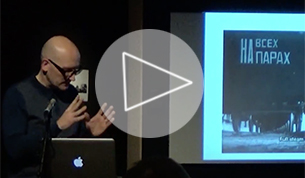 Jeremy Hicks:
Jeremy Hicks:
Meaningful Martyrdom — Death, Revolution and Victory from Lenin to the Reichstag, 1924–45 -
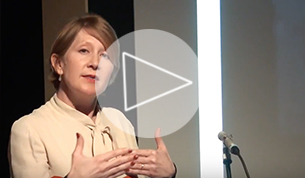 Emma Widdis:
Emma Widdis:
Film and the Making of the New Soviet Person: Bodies, Minds and Feelings -
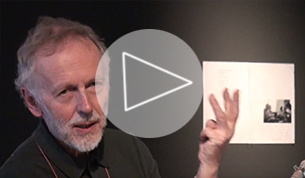 Ian Christie:
Ian Christie:
Hopes and fears: the Soviet New Wave of the 1960s -
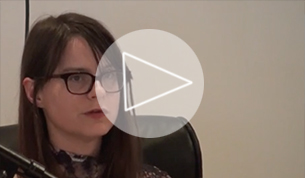 Carmen Gray:
Carmen Gray:
Andrei Tarkovsky: The Citizen Poet and the State -
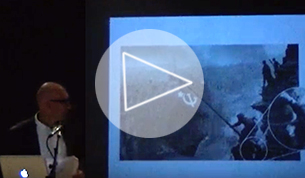 Jeremy Hicks:
Jeremy Hicks:
Reusing War Footage in Russian and Soviet Films, 1945–2015
Peripheral Visions
A Game in Hell. The Great War in Russia
-
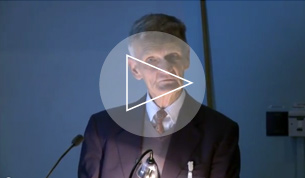 John E. Bowlt:
John E. Bowlt:
Introductory remarks -
 Elena Sudakova:
Elena Sudakova:
'Forgotten Heroes of the Great War' -
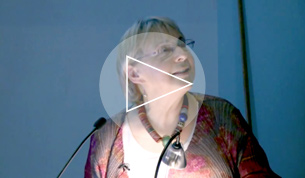 Christina Lodder:
Christina Lodder:
'A Painting Fit for Heroes: Kazimir Malevich's Reservist of the First Division' -
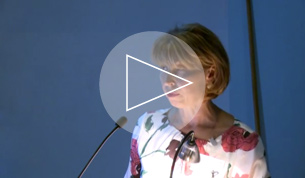 Natalia Budanova:
Natalia Budanova:
'Who Needs the Art Now?': Russian Women Artists Representing the Great War' -
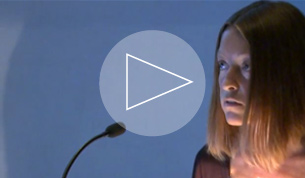 Valentina Parisi:
Valentina Parisi:
'Russian Avant-Garde Circles and the Literary Response to the Great War'
Work and Play Behind the Iron Curtain
The Shabolovka Tower Model
Kino/Film: Soviet Posters of the Silent Screen
-
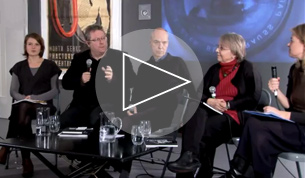 Curators and Special Guests:
Curators and Special Guests:
Panel Discussion with Exhibition -
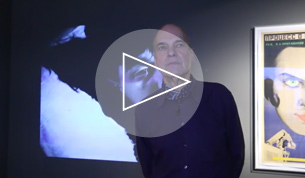 Lutz Becker:
Lutz Becker:
Curator talks: Chess Fever and The Three Million Case -
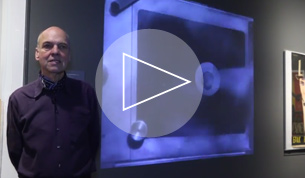 Lutz Becker:
Lutz Becker:
Curator talks: Man with a Movie Camera -
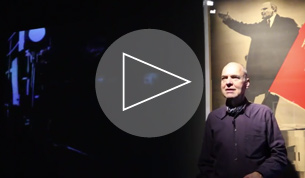 Lutz Becker:
Lutz Becker:
Curator talks: October -
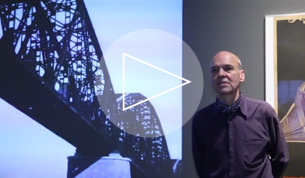 Lutz Becker:
Lutz Becker:
Curator talks: Storm Over Asia and Turksib -
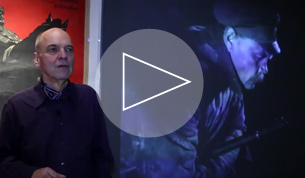 Lutz Becker:
Lutz Becker:
Curator talks: The End of St Petersburg -
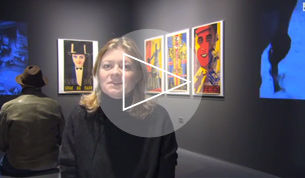 Elena Sudakova:
Elena Sudakova:
Soviet Posters of the Silent Screen
Utopia LTD
-
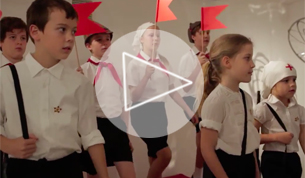 'Inside the Rainbow' Performance:
'Inside the Rainbow' Performance:
Directed by Irina Brown -
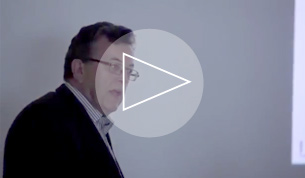 Professor John Milner:
Professor John Milner:
Seminar: 'Re-Constructivism' -
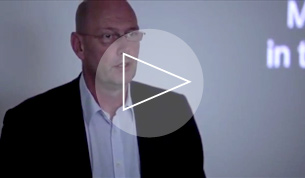 Willem Jan Renders:
Willem Jan Renders:
Seminar: 'After Lissitzky: Reconstructions at the Van Abbemuseum' -
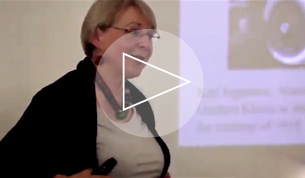 Christina Lodder:
Christina Lodder:
Seminar: 'Gustav Klucis: Transmitting Utopia' -
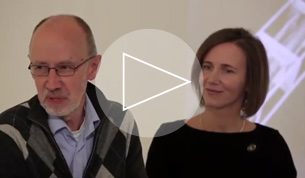 Aleksandr Shklyaruk:
Aleksandr Shklyaruk:
Seminar: 'Klucis and the Materialisation of a Futurist Idea' -
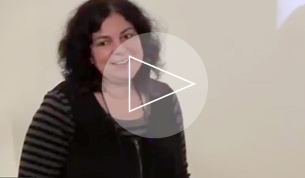 Dr. Maria Tsantsanoglou:
Dr. Maria Tsantsanoglou:
Seminar: 'Tatlin's Legend'
Listen
Superwoman: ‘Work, Build and Don’t Whine'
Unexpected Eisenstein
Bolt
A Game in Hell. The Great War in Russia
Read
Viktor Turin
(1895–1945)
Viktor Turin was born in Saint Petersburg in 1895 and studied at the city’s drama school. His privileged upbringing enabled the young Turin to travel to Boston, where he studied at the Massachusetts Institute of Technology from 1913 to 1916. For the next five years Turin honed his skills in Hollywood at the Vitagraph Studios, working as an actor and scriptwriter. In 1923 he returned to the USSR and from 1924 to 1927 he worked in Ukraine at the VUFKU.
Turin then collaborated with Vostok-kino, an initiative established in 1928 to produce films for those Central Asian republics that did not yet have studios of their own. His first project was Turksib, a documentary film charting the construction of the railroad connecting Siberia and Turkestan. On its release on October 29, 1929, Turksib looked startlingly fresh, and became an immediate success both at home and abroad. The final cut was exactly as Turin had visualized; his reward for this outstanding film was to be a studio production post. Turin spent the early 1930s relatively removed from the art of directorship, however he was brought back into the practice (in much the same manner as Eisenstein was) after Boris Shumiatskii’s removal from the position of head of the Soviet Film Industry.
The later period of Turin’s life was spent in Moscow, where he continued to create documentaries and worked as a consultant at the Soyuzintorgkino, a Soviet agency responsible for export of Soviet films and import of foreign films. He died in Moscow in 1945.
